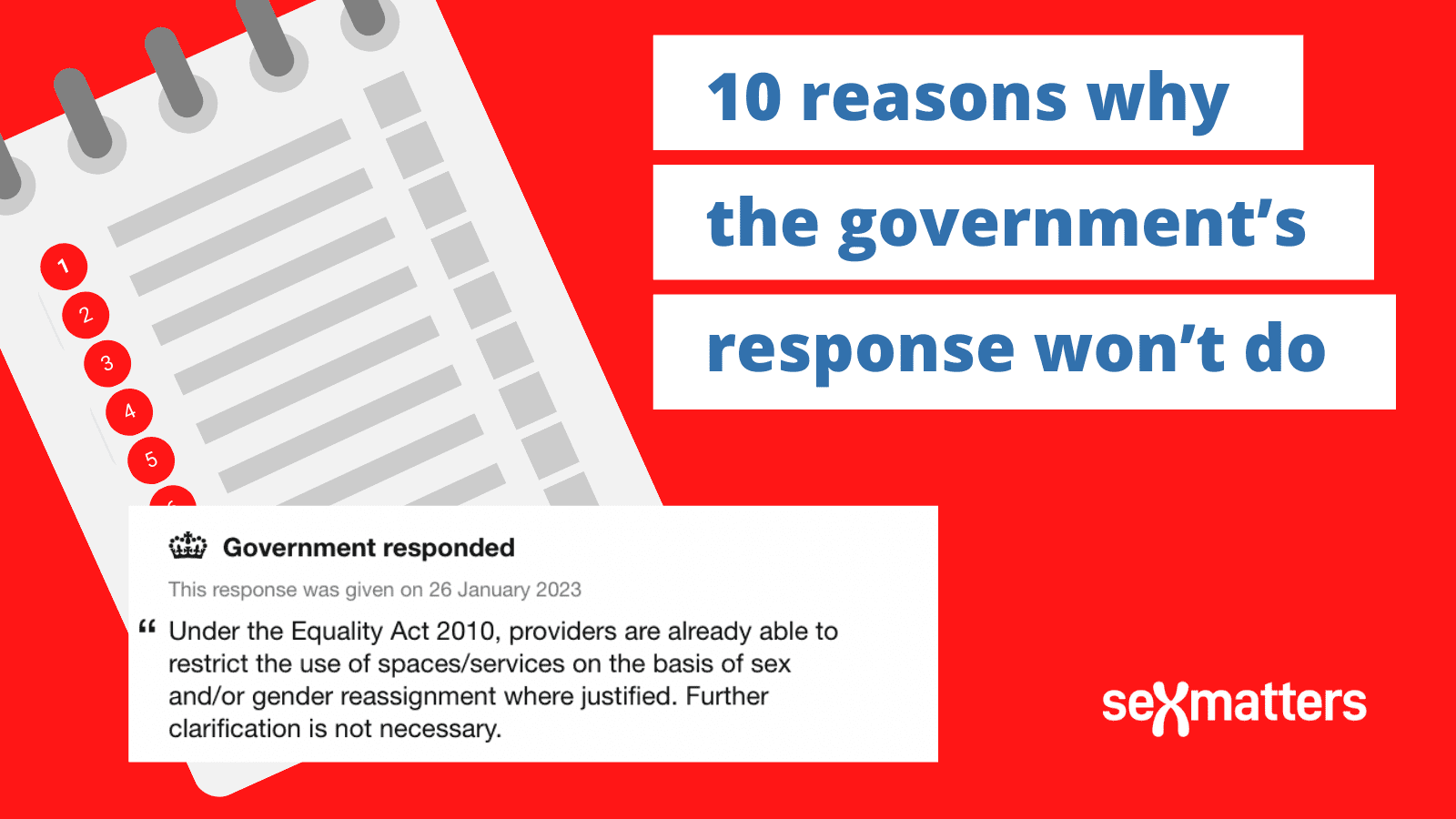Politics is an essential aspect of society that determines how resources are managed, economic growth, the quality of public services, and social policies. Additionally, political decisions also influence the environment, national security, healthcare policies, education policies, and the direction society takes. Events such as global warming, income inequality, the COVID-19 pandemic, and the rise of authoritarian regimes have made it clear that politics matters today. By following and engaging in political processes, individuals can ensure equitable distribution and effective use of public resources, advocate for policies that prioritize their needs, hold leaders accountable, and shape the future of society.
Why Politics Matter Today
Politics is the science of governance, which involves decision-making, implementation of policies, and interpretation of laws. In recent times, the importance of politics has been brought to the forefront by various events, including the COVID-19 pandemic, global warming, income inequality, and the rise of authoritarian regimes. These events have made it increasingly clear that politics has a profound impact on our daily lives, and it is essential to stay informed and engage in the political process. In this article, we will explore ten reasons why politics matter today.
1. Politics Determines How Public Resources are Managed and Utilized
Governments play a vital role in managing and allocating public resources such as healthcare, education, infrastructure, and social services. Political leaders determine how much funding is allocated to these sectors and how it is utilized. Therefore, following the political process is critical to ensure that public resources are equitably distributed and effectively utilized.
2. Politics Influences Economic Growth and Stability
Political decisions affect a country’s economic growth and stability. Policies such as tax laws, trade policies, and government spending impact businesses’ operations, employee income, and the overall economy. Following the political process helps citizens make informed decisions about their future economic wellbeing.
3. Politics Determines the Quality of Public Services and Infrastructure
Political leaders are responsible for maintaining and improving public services such as roads, hospitals, schools, and transportation. By staying informed about political decisions, citizens can hold their leaders accountable for providing quality public services and infrastructure.
4. Politics Shapes Social Policies and Cultural Attitudes
Politics plays a crucial role in shaping cultural attitudes and social policies in areas such as immigration, LGBTQ+ rights, racial and gender equality, and religious freedoms. By following the political process, individuals can voice their opinions and advocate for policies that align with their values and beliefs.
5. Politics Affects the Environment and Climate Change
Climate change is one of the most significant challenges facing the planet, and political decisions have a direct impact on the environment. Policies such as energy consumption, pollution regulations, and climate agreements can have a positive or negative impact on the environment. Understanding and engaging in the political process can help individuals hold their leaders accountable for reducing carbon footprints and promoting sustainable practices.
6. Politics Impacts National Security and Foreign Policy
Political decisions often determine a nation’s security and foreign policies. Leaders must make critical decisions related to military spending, diplomacy, intelligence, and civil liberties. Staying informed about national security and foreign policy can help individuals understand the potential consequences of these decisions.
7. Politics Determines the Constitutionality of Laws and Policies
Political decisions often impact an individual’s constitutional rights and liberties. By following the political process, individuals can hold their leaders accountable for upholding constitutional principles and ensure that laws and policies are just and fair.
8. Politics Shapes Healthcare Policies and Access
Healthcare is a critical issue for individuals and society as a whole. Political decisions impact healthcare policies and access to care, including insurance coverage, medical research, and public health initiatives. By staying informed about healthcare policies, individuals can advocate for policies that prioritize their health needs.
9. Politics Affects Education Policies and Opportunities
Education is a crucial factor in determining an individual’s future opportunities and success. Political leaders make important decisions regarding funding, curricula, and access to education. By following the political process, individuals can advocate for policies that ensure equitable access to education.
10. Politics Shapes the Direction of Society
Politics ultimately shapes the direction of society. Political decisions determine the values, priorities, and aspirations of a nation. Individuals who engage in the political process have the power to shape society’s future and ensure that leaders prioritize the issues that matter most to them.
In conclusion, politics matters today because it has a profound impact on our daily lives. By staying informed and engaging in the political process, individuals can hold their leaders accountable, advocate for policies that align with their values, and shape the future of society.
